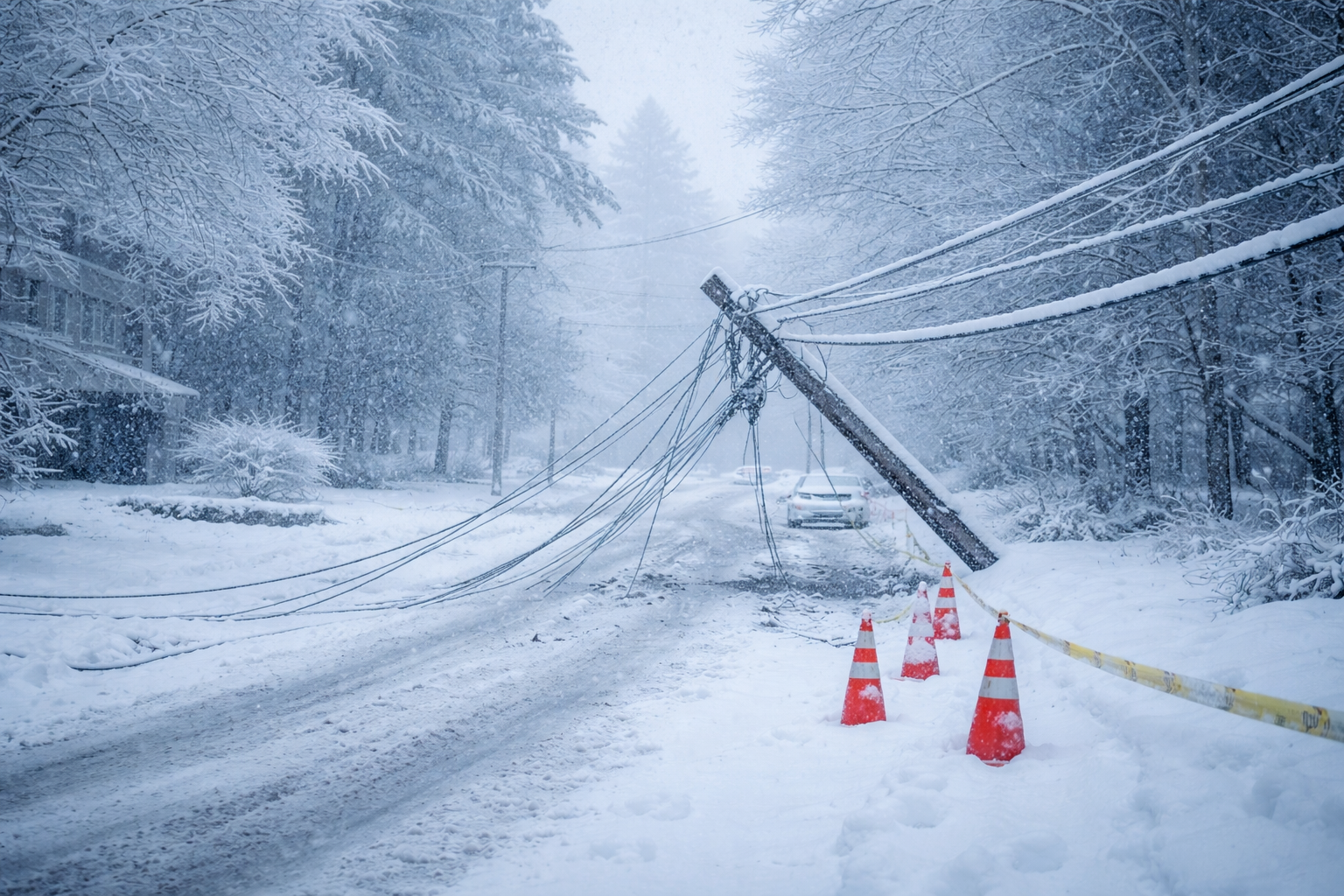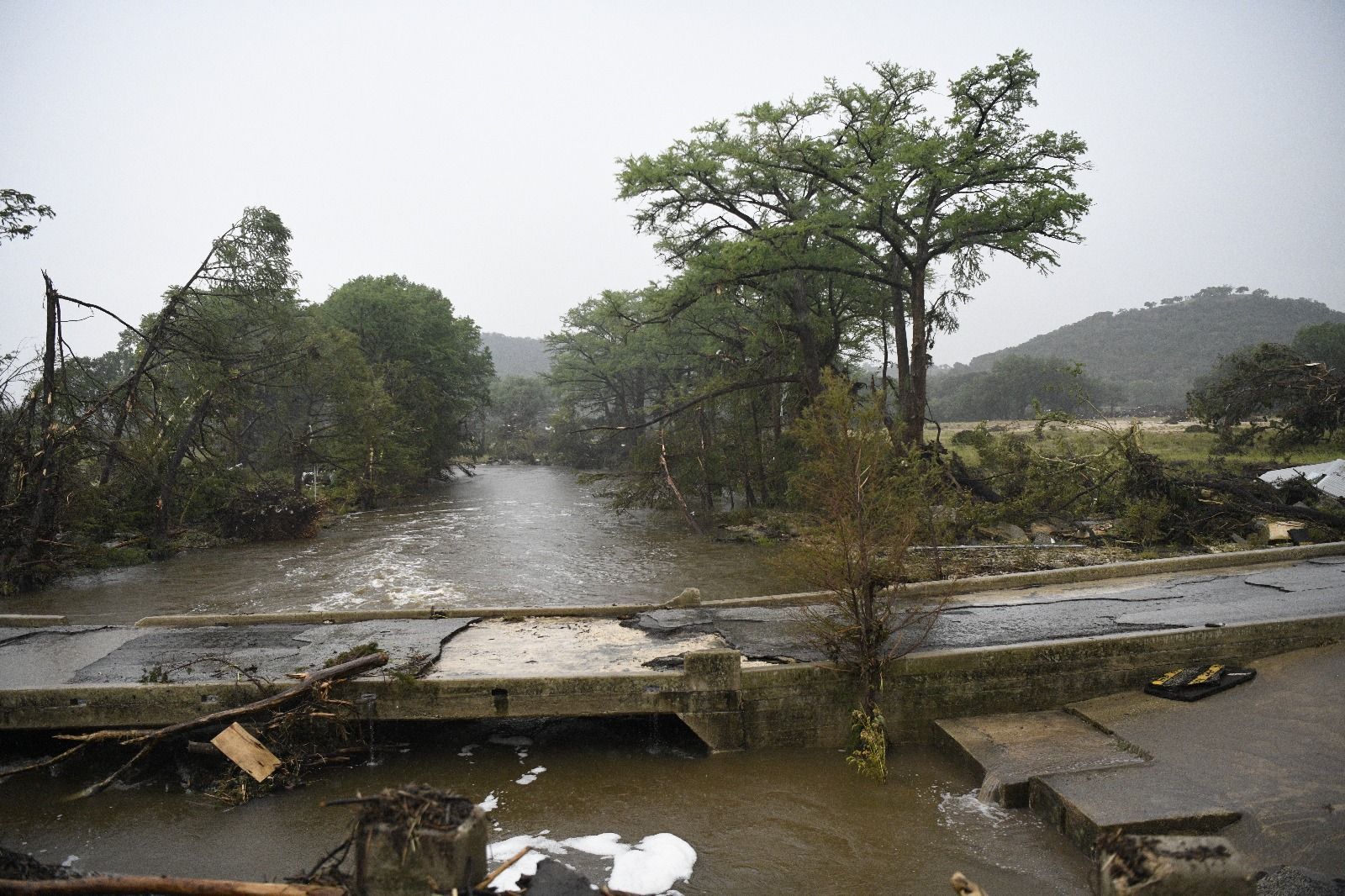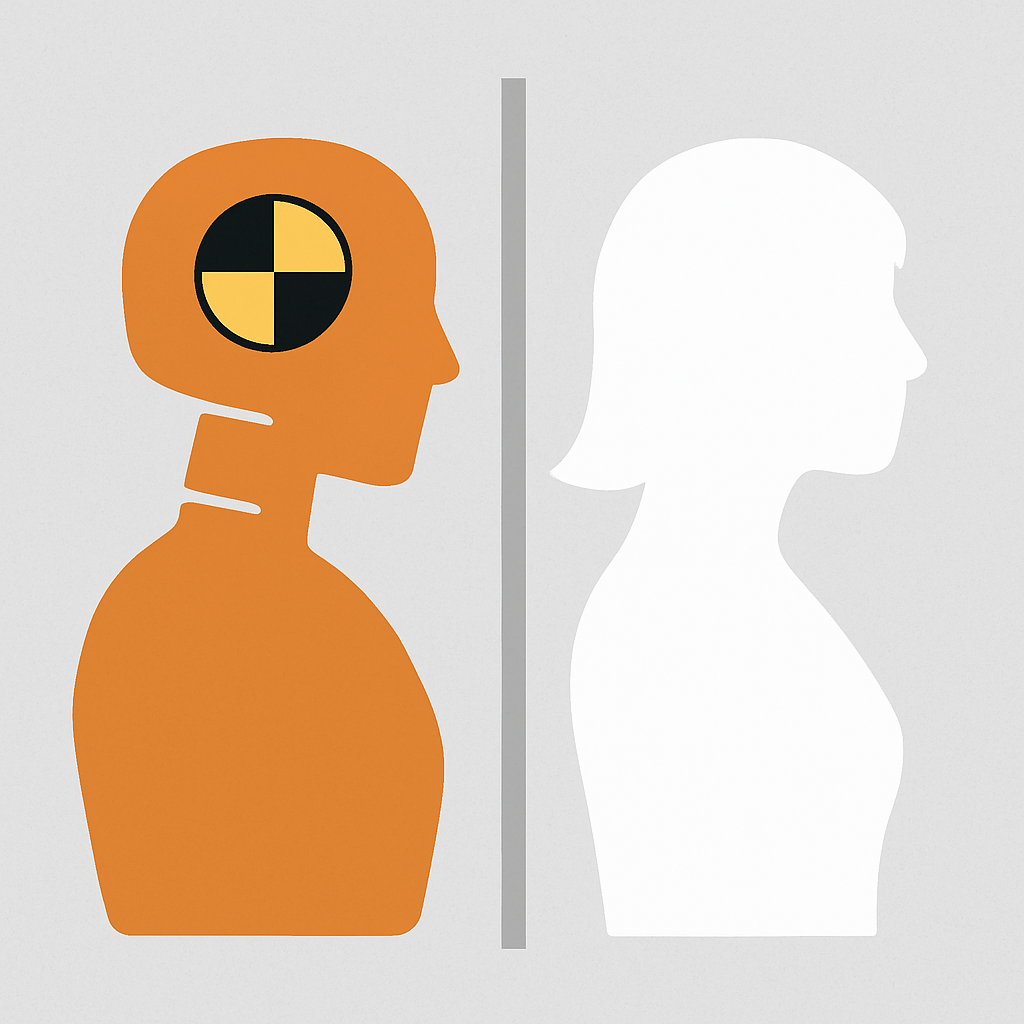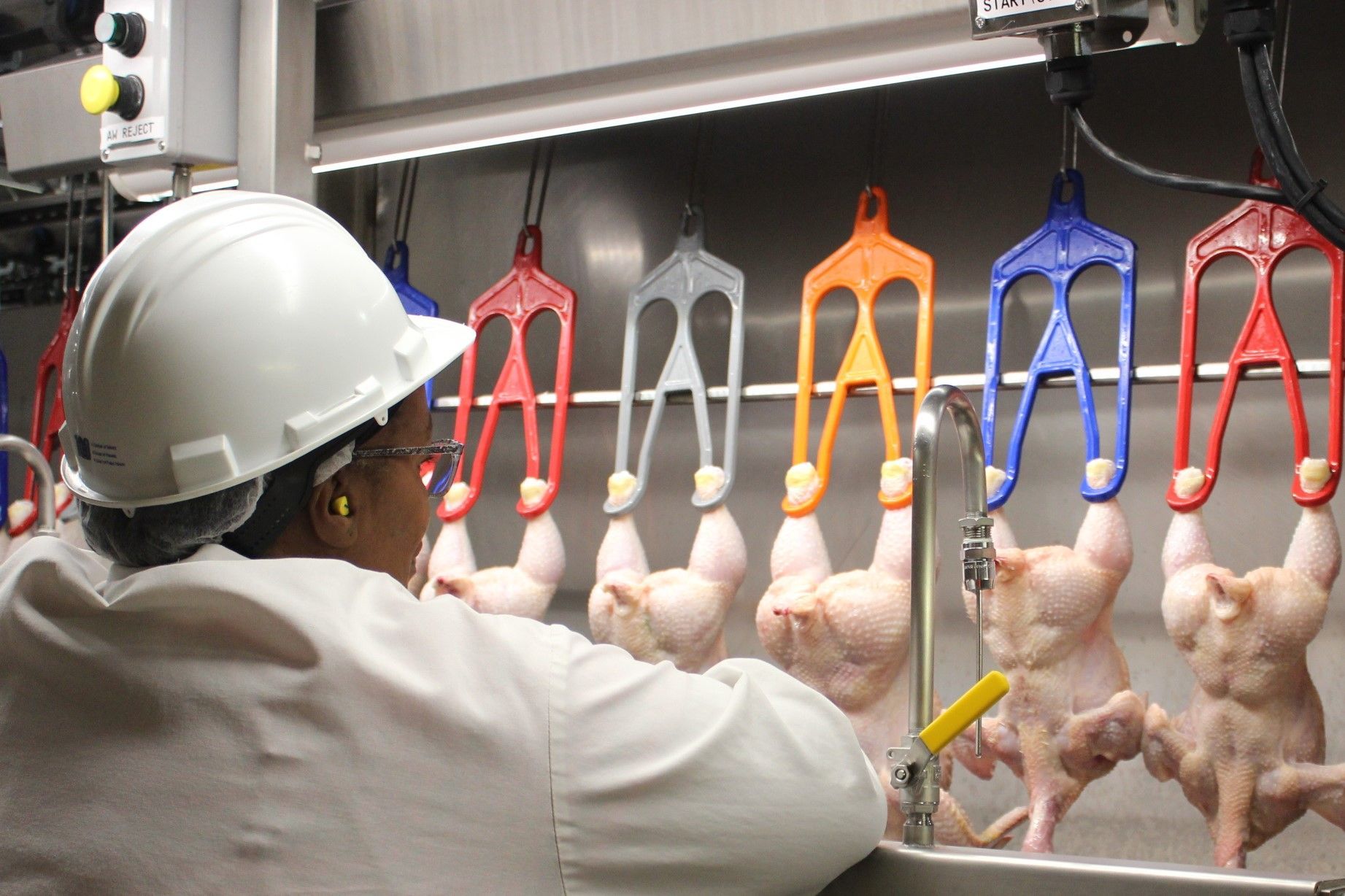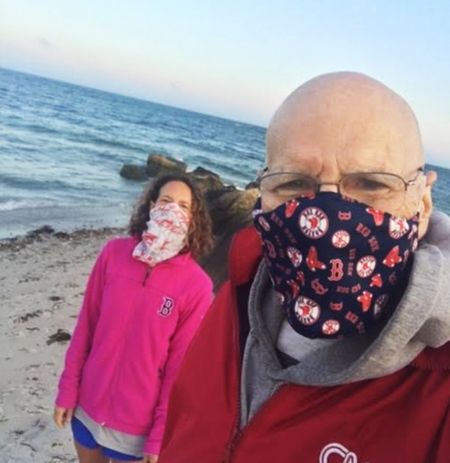WARNING: SWIMMING DURING THE COVID-19 CRISIS REQUIRES SAFETY PROTOCOLS
There is no evidence that the COVID-19 virus can spread through water found in hot tubs, pools, spas or water play areas, mostly because of the chlorine and bromine used to disinfect the water, which also kills the virus. While some diseases like cholera and typhoid can be transmitted through water, they are bacterial infections. COVID-19 is a viral infection transmitted primarily through droplets when people, for the most part, cough, sneeze, shout or sing. It would be highly unusual for a respiratory disease, such as COVID-19, to be transmitted through water.
However, if you are swimming and a person near you coughs, sneezes, shouts, etc., you could inhale their droplets and spread the virus. Since the virus spreads from person to person contact, you should definitely practice social distancing while swimming in a pool, lake or even in the ocean. Even if you restrict swimmers to no more than one person in a lap pool at a time, if there are multiple lap areas roped off, swimmers must be careful not to interact while swimming with other swimmers. The greater risk at a pool will occur when the swimmer is entering or leaving the pool and coming into contact with other people. That is why best practices may include limiting the number of people in a pool area, especially a lap pool area, to no more than one person/roped off swimming area at a time and no visitors without masks and social distancing present in the pool area at all. The real problem occurs in general swimming/recreational pool areas where physical distancing is almost impossible to maintain. Those kinds of pool activities may have to be totally eliminated, at least for now. As far as hot tubs, go, I have been in many during my life, and I don't recall even one such tub where I could maintain social distancing. Draw your own conclusion!
Clearly, the most dangerous time for you at the pool or the beach is not while you are swimming, if you follow the above safety instructions. Your greatest risk will occur while entering, leaving or socializing on the pool deck, play area, around the spa or on the beach. The virus can definitely spread from person to person on the pool deck or as children and adults play and relax at beaches or lakes, mostly due to the close contact we may have if the beaches or pool decks are not adequately enforced for proper social distancing and/or mask-wearing. Yes, I know it's hot at the beach and a mask may be uncomfortable, but I definitely recommend wearing a mask when close contact with people is unavoidable.
Local public health authorities will hopefully work with pool and beach authorities and make good decisions about whether or not to open pools, lakes and beaches and provide us all with proper safety guidelines that will allow us all to enjoy a fun AND safe summer filled with lots of swimming and relaxing days at the beach or pool.
